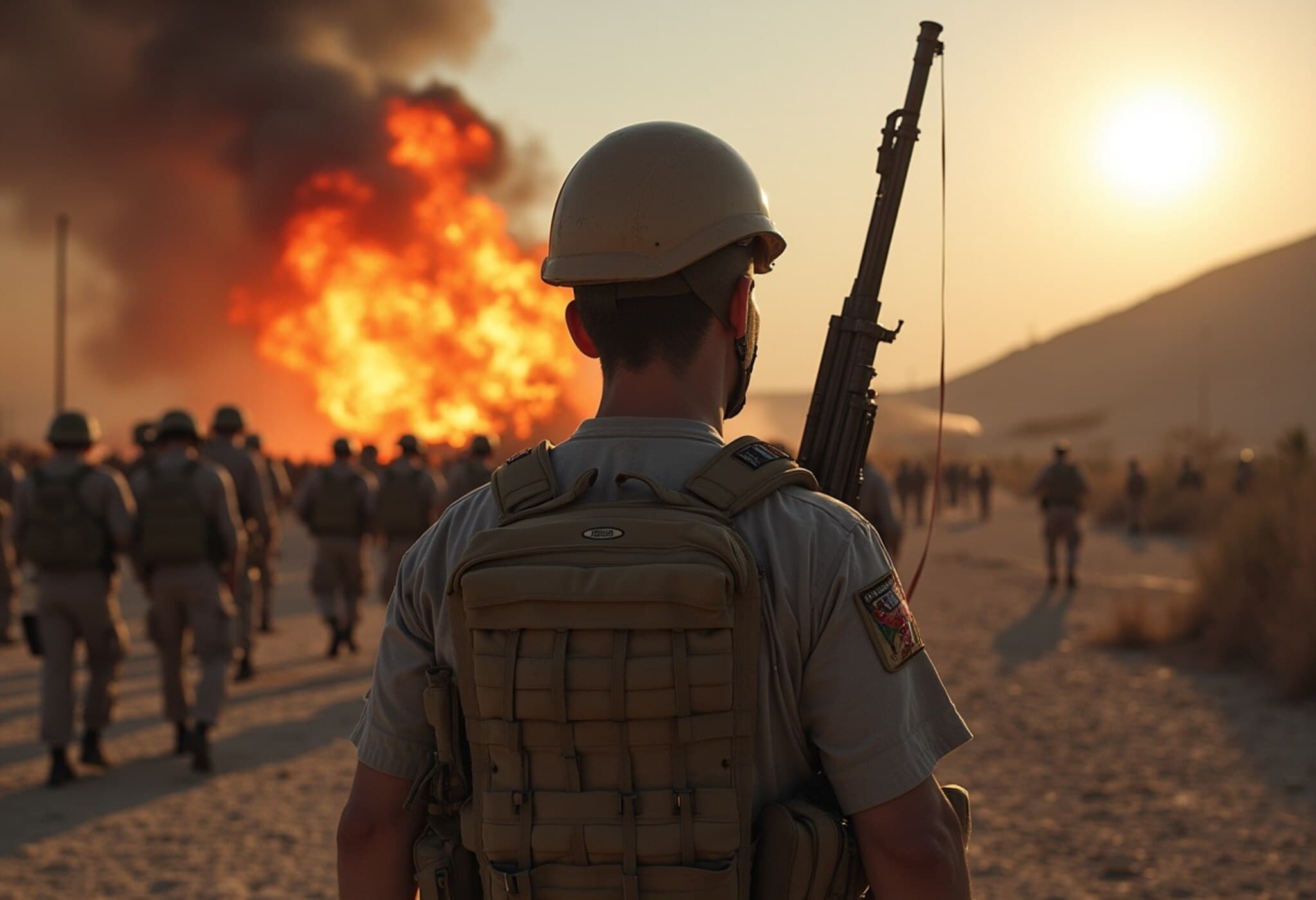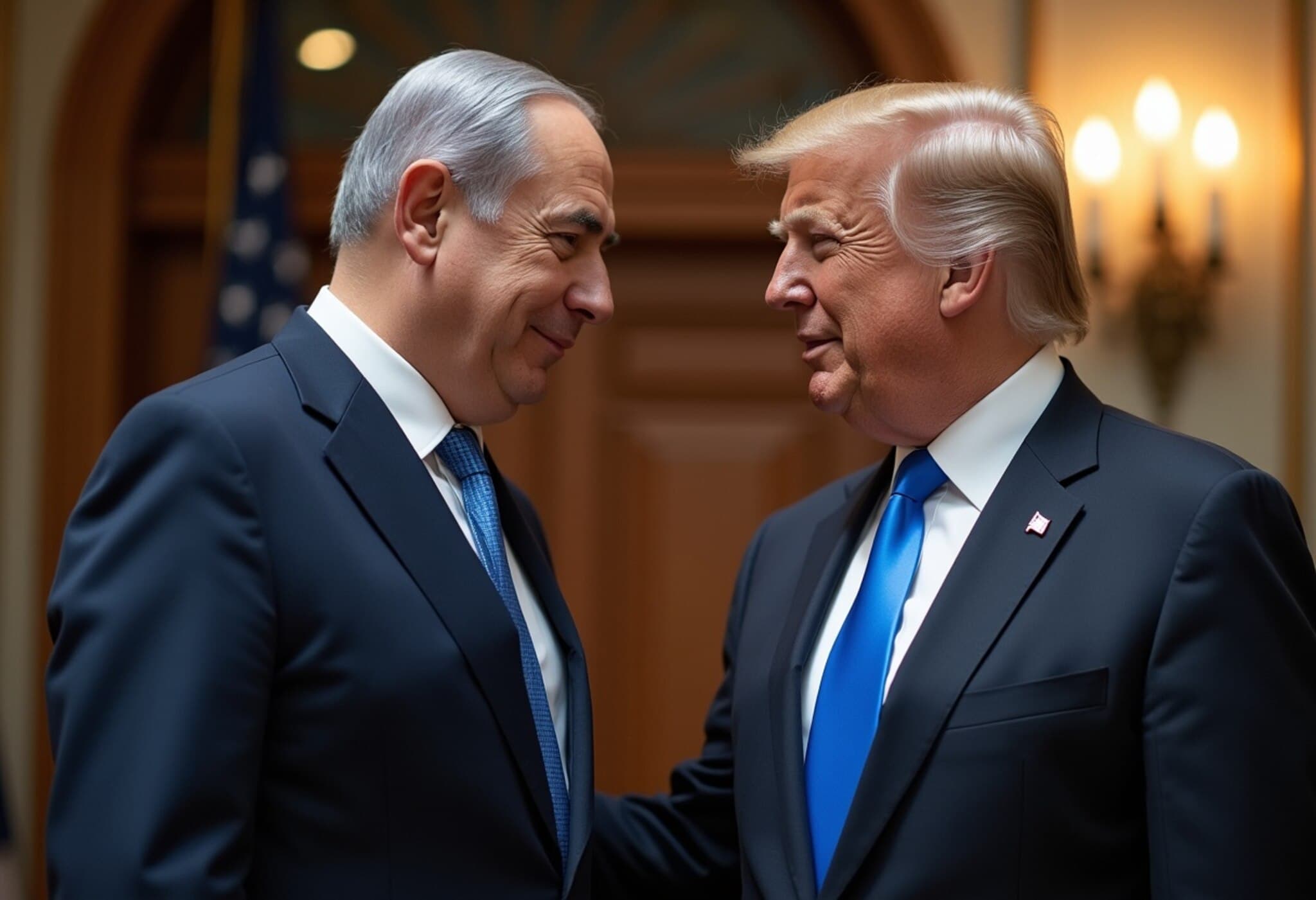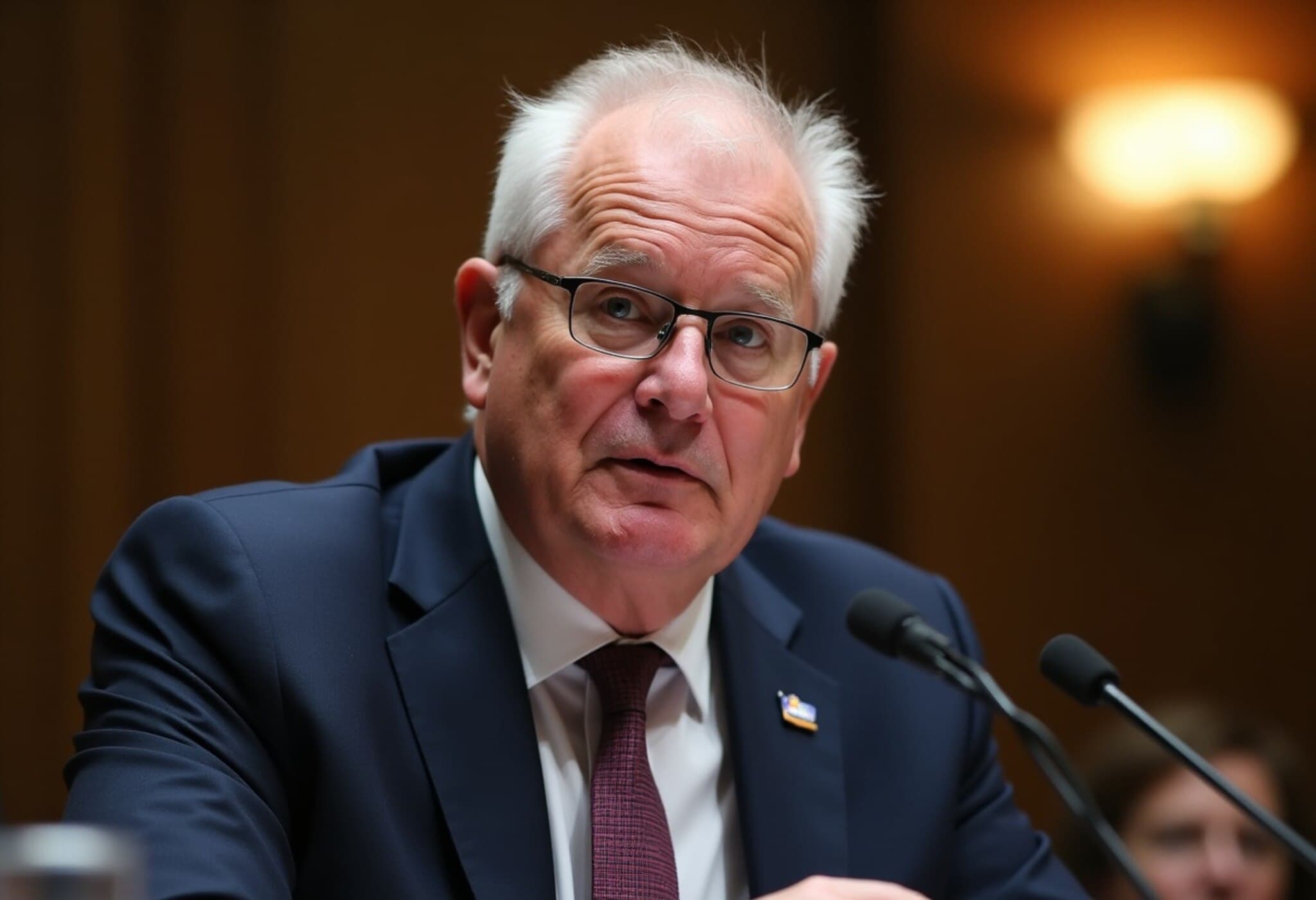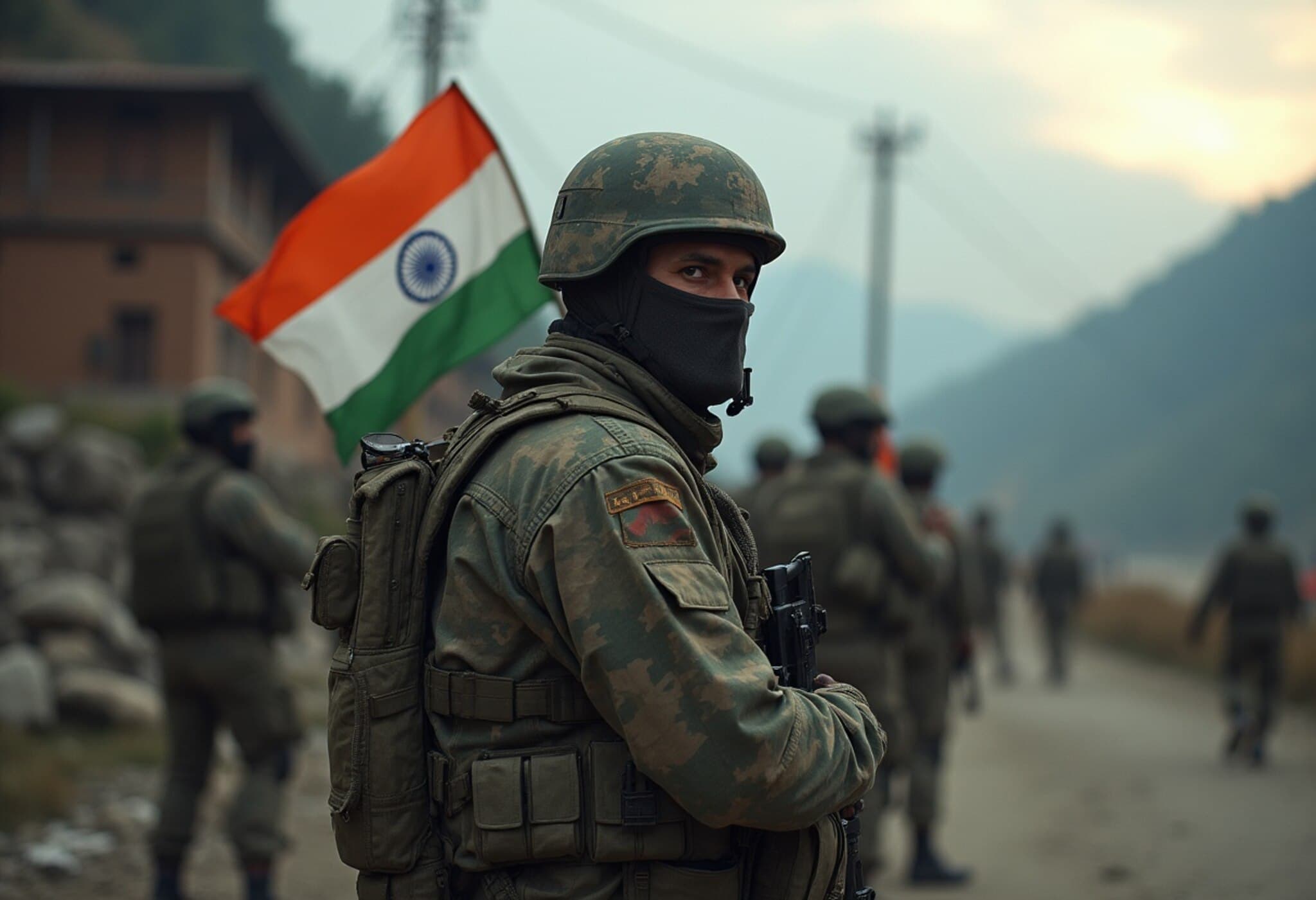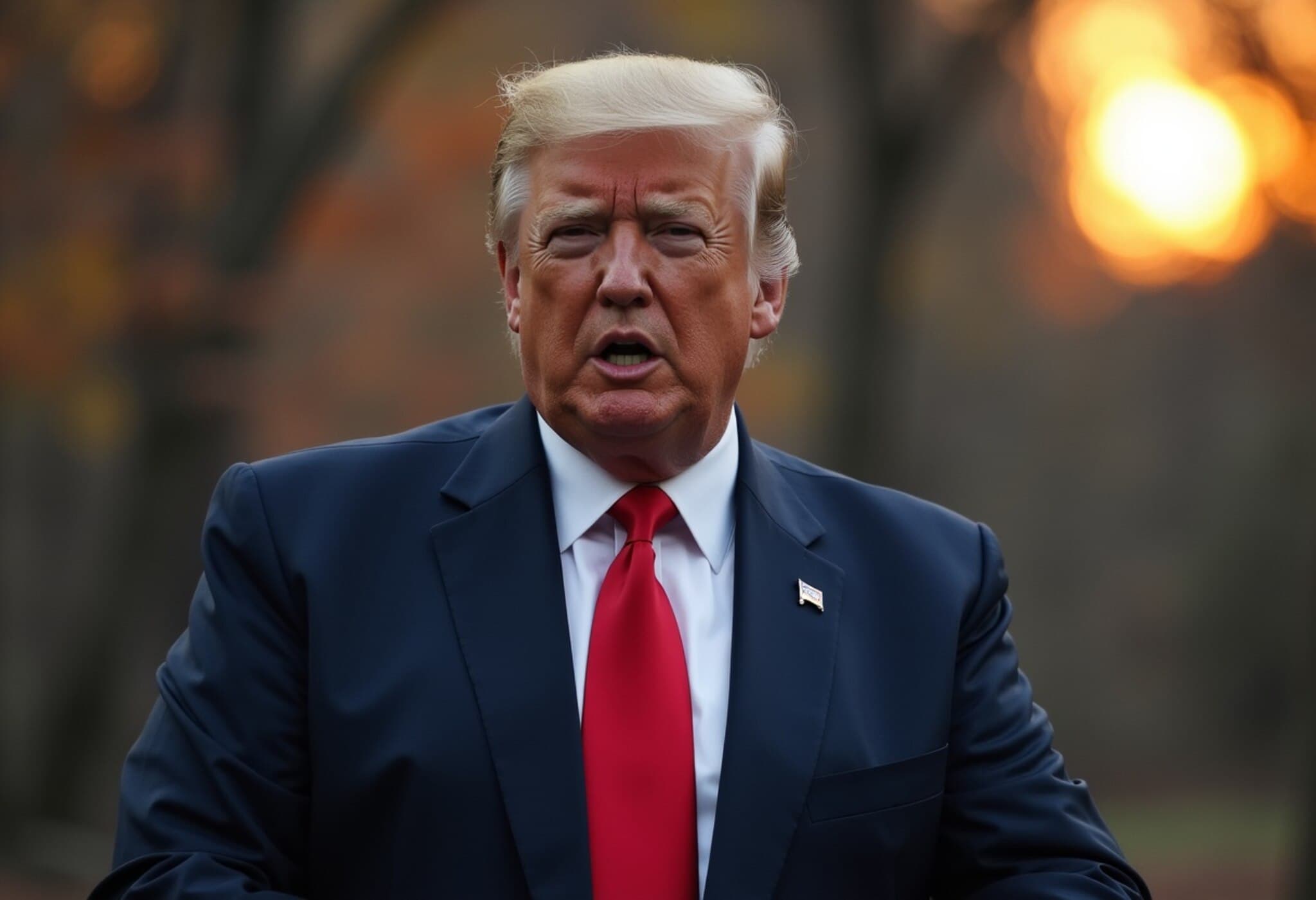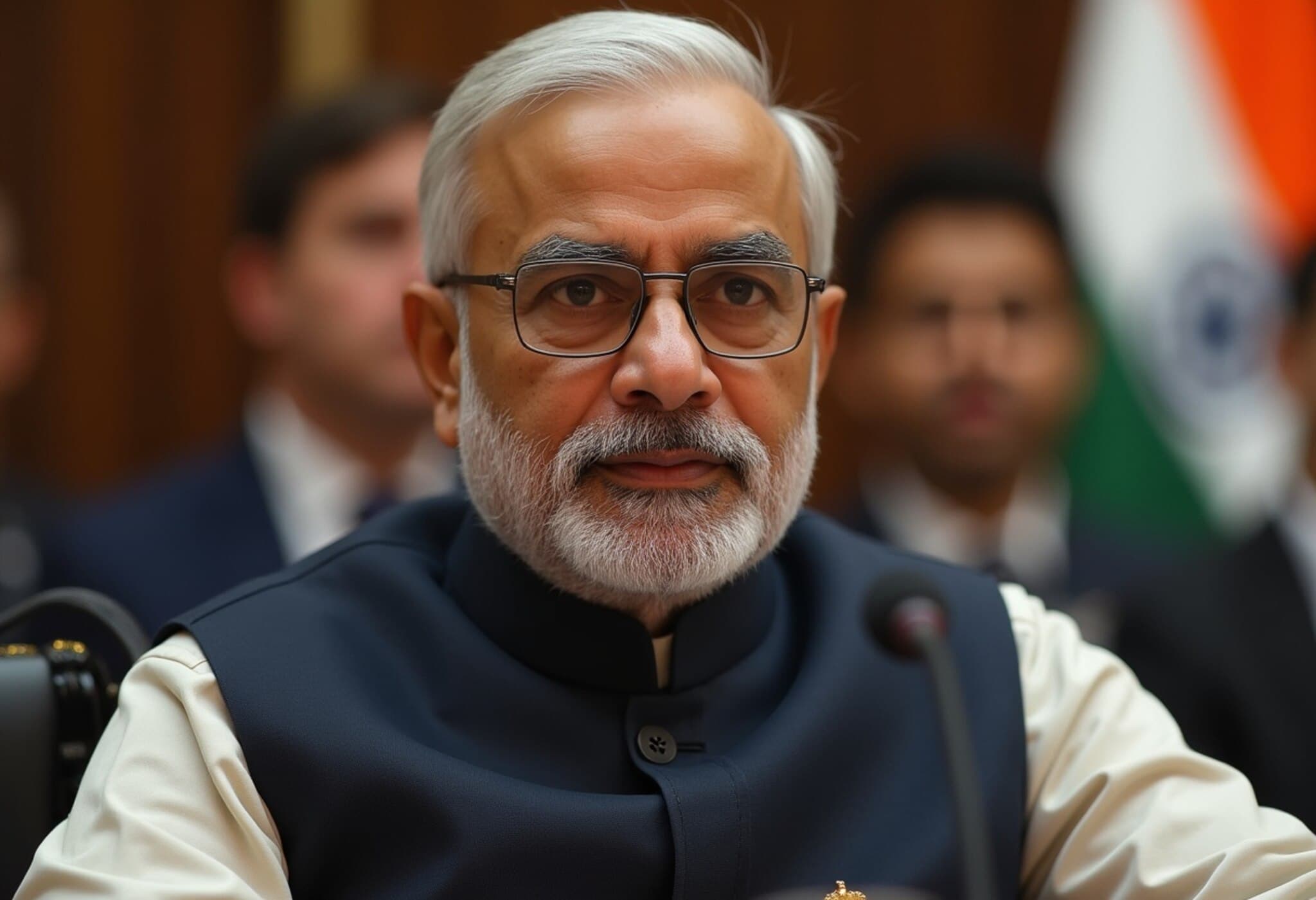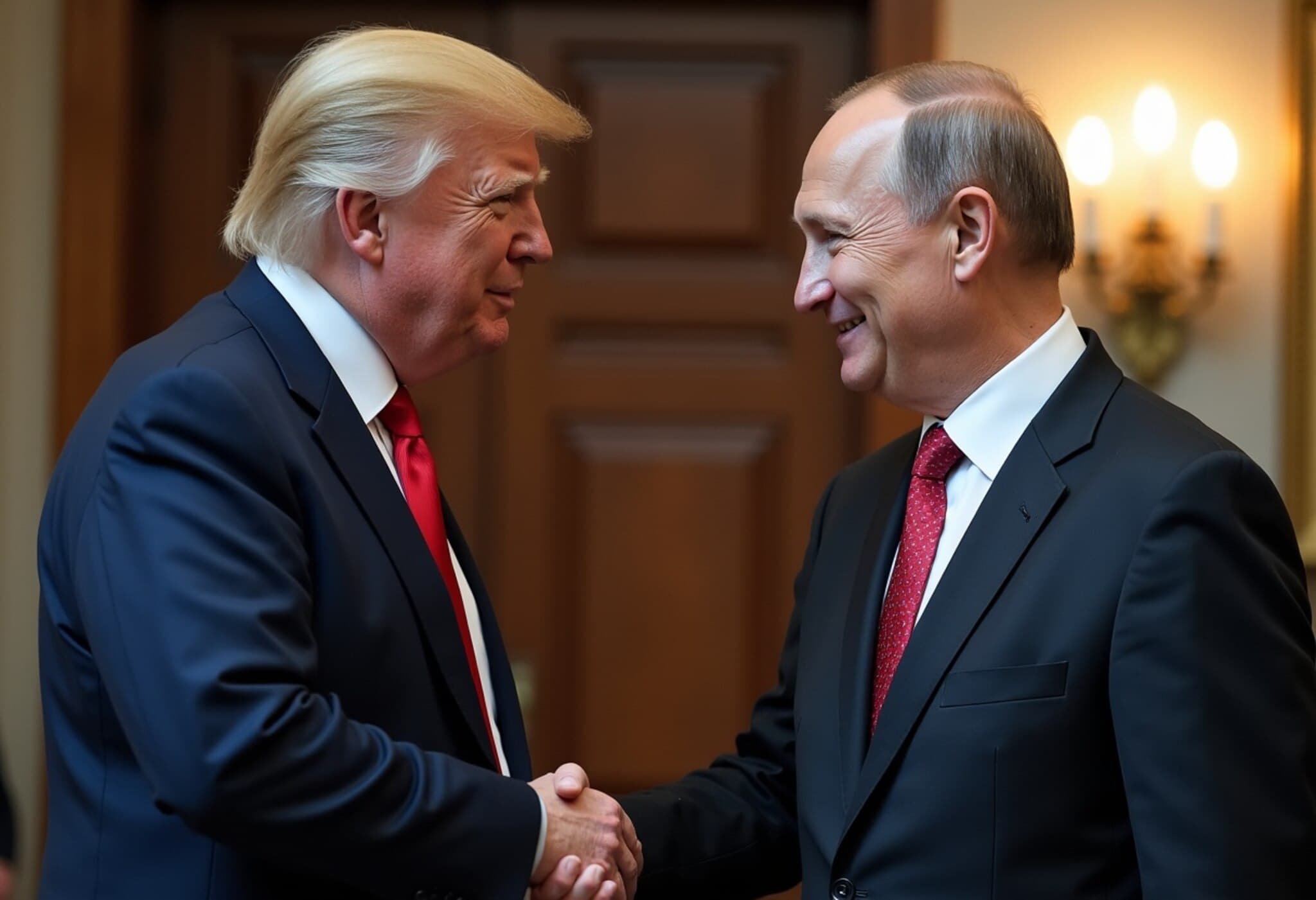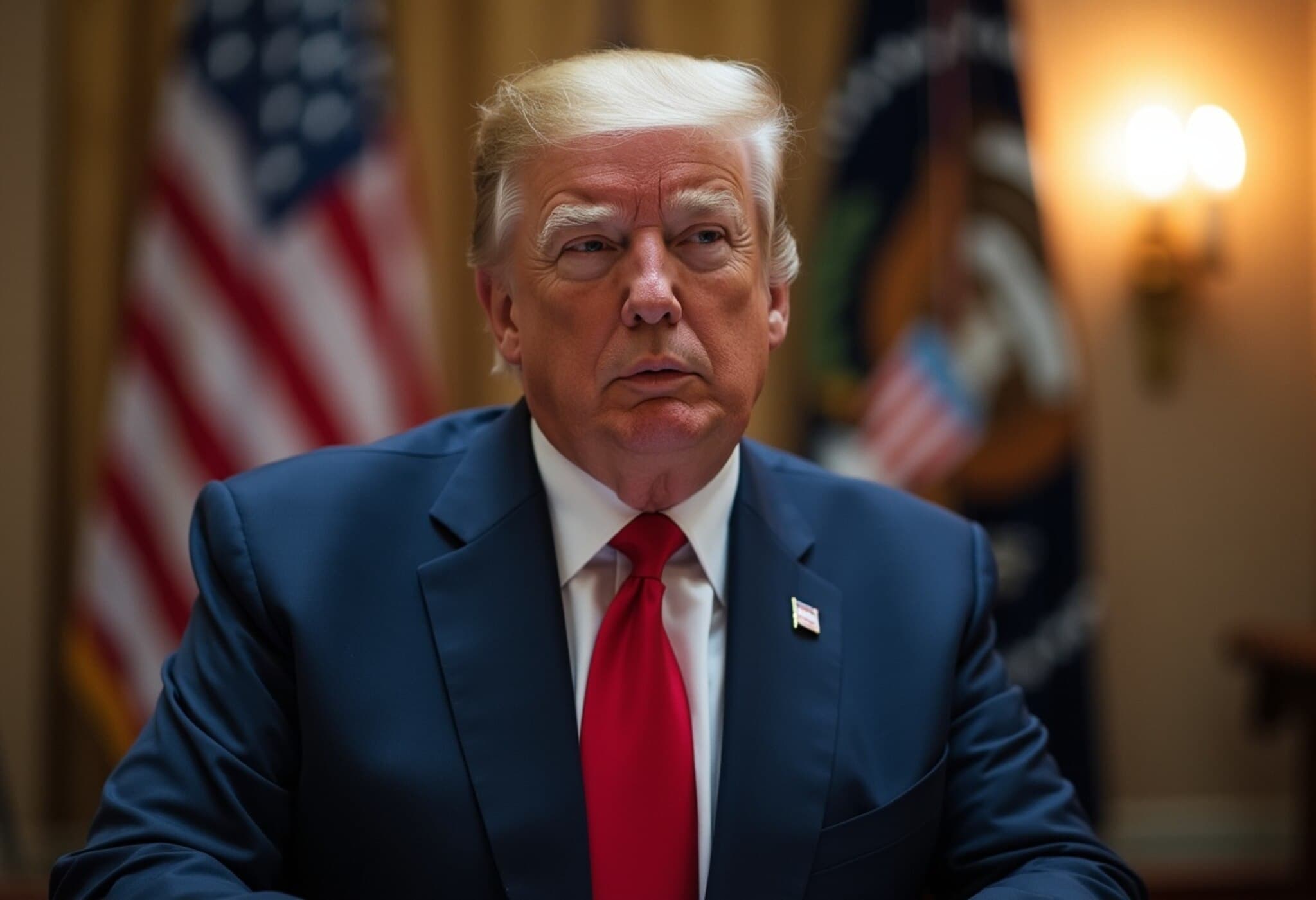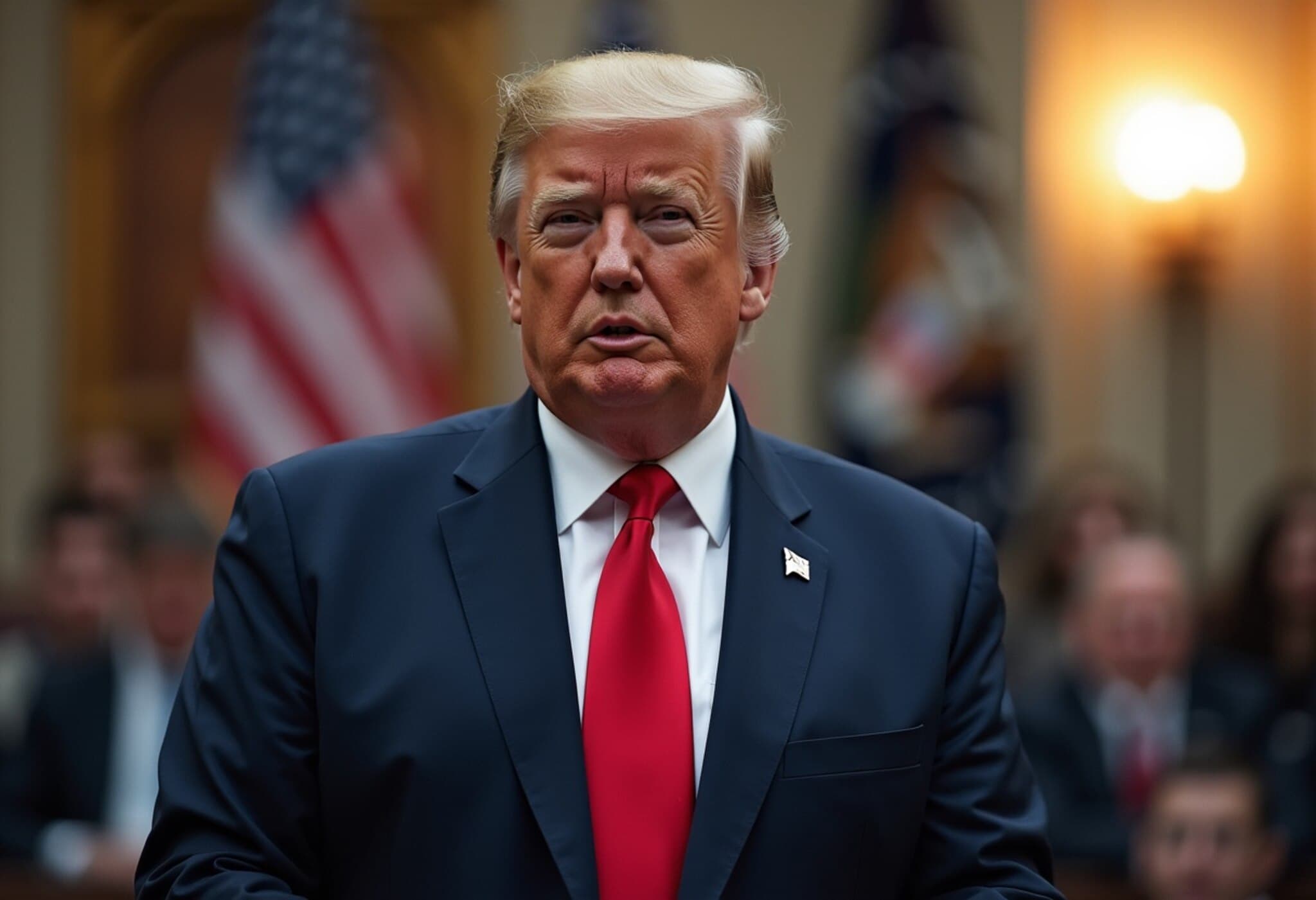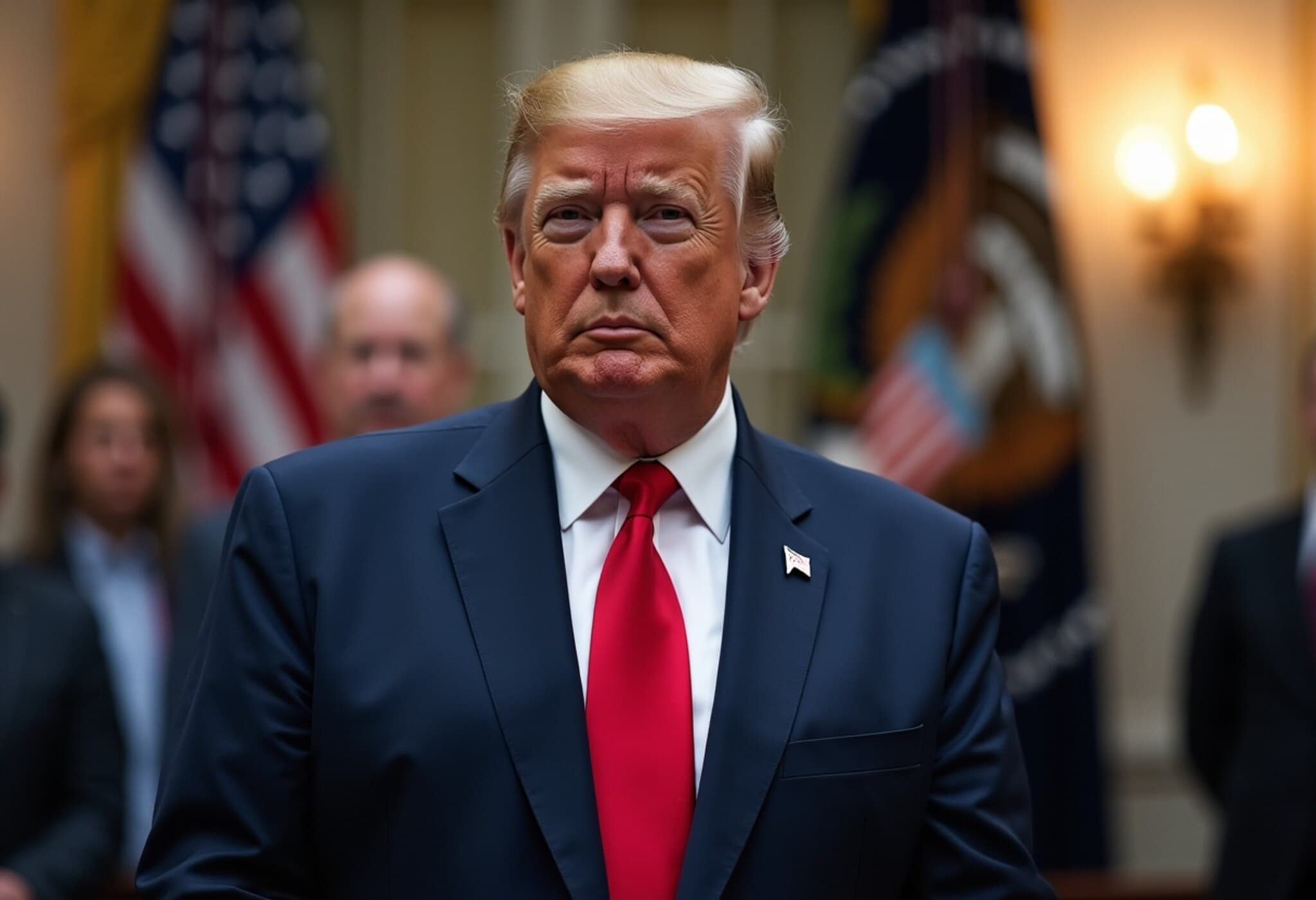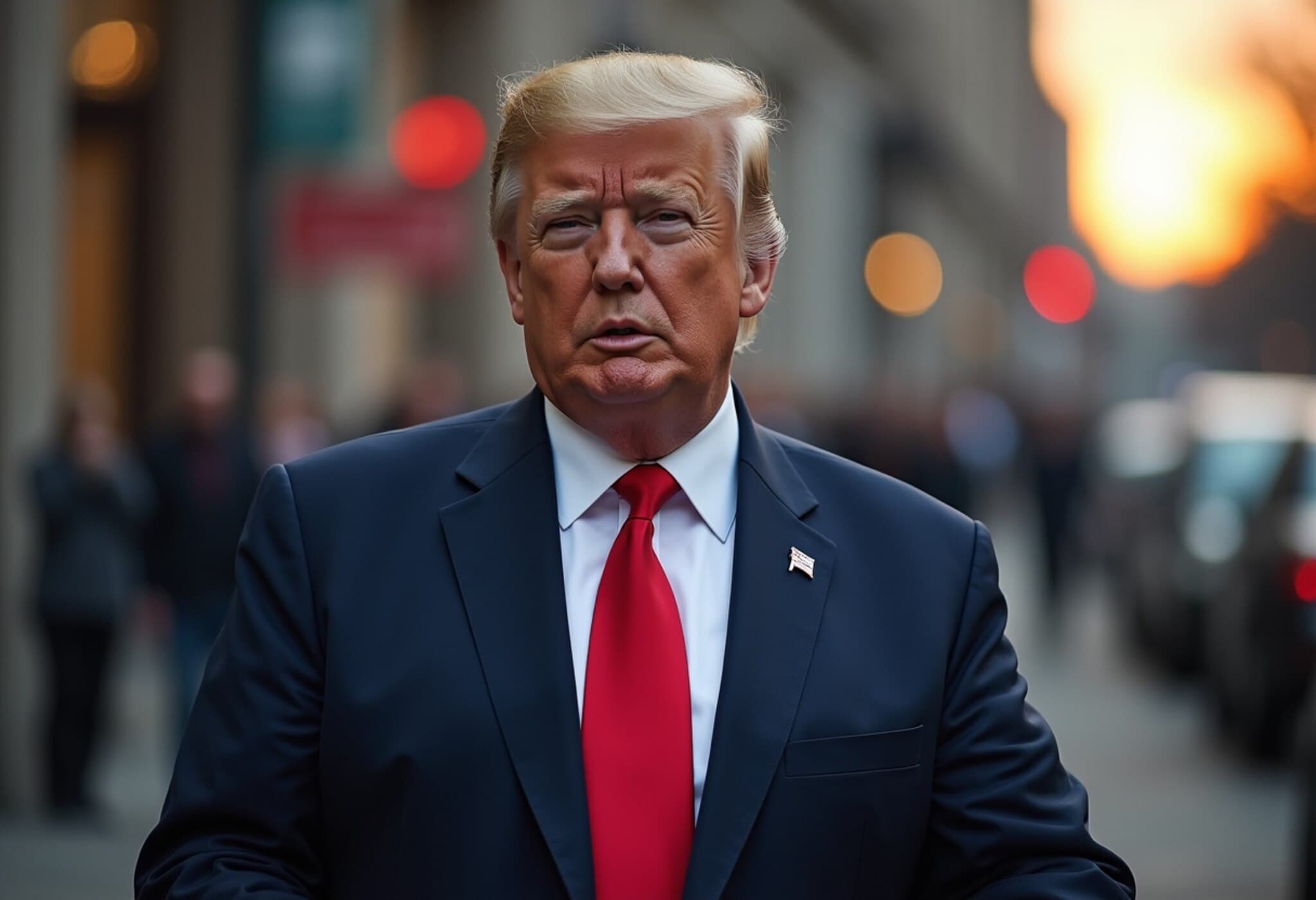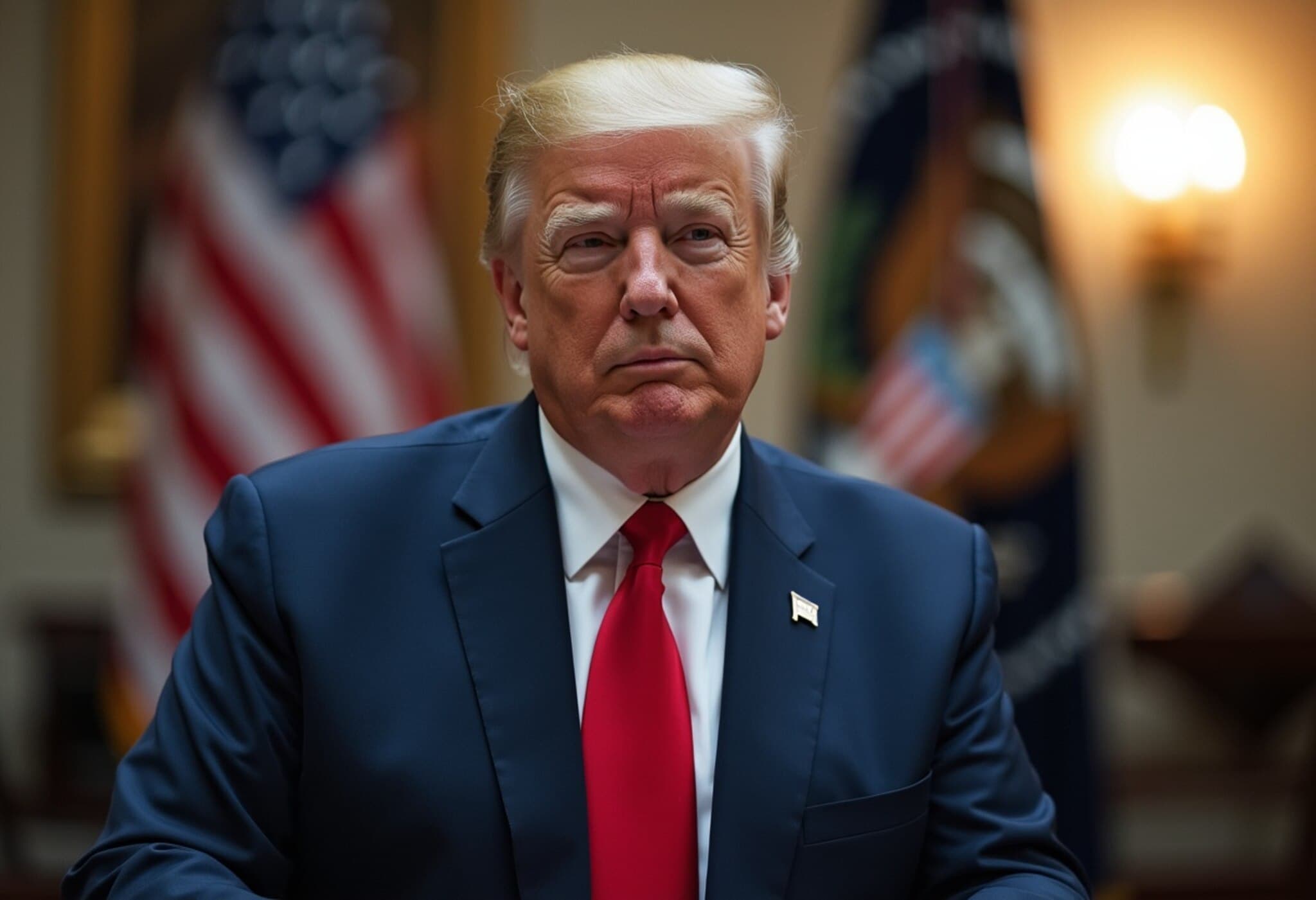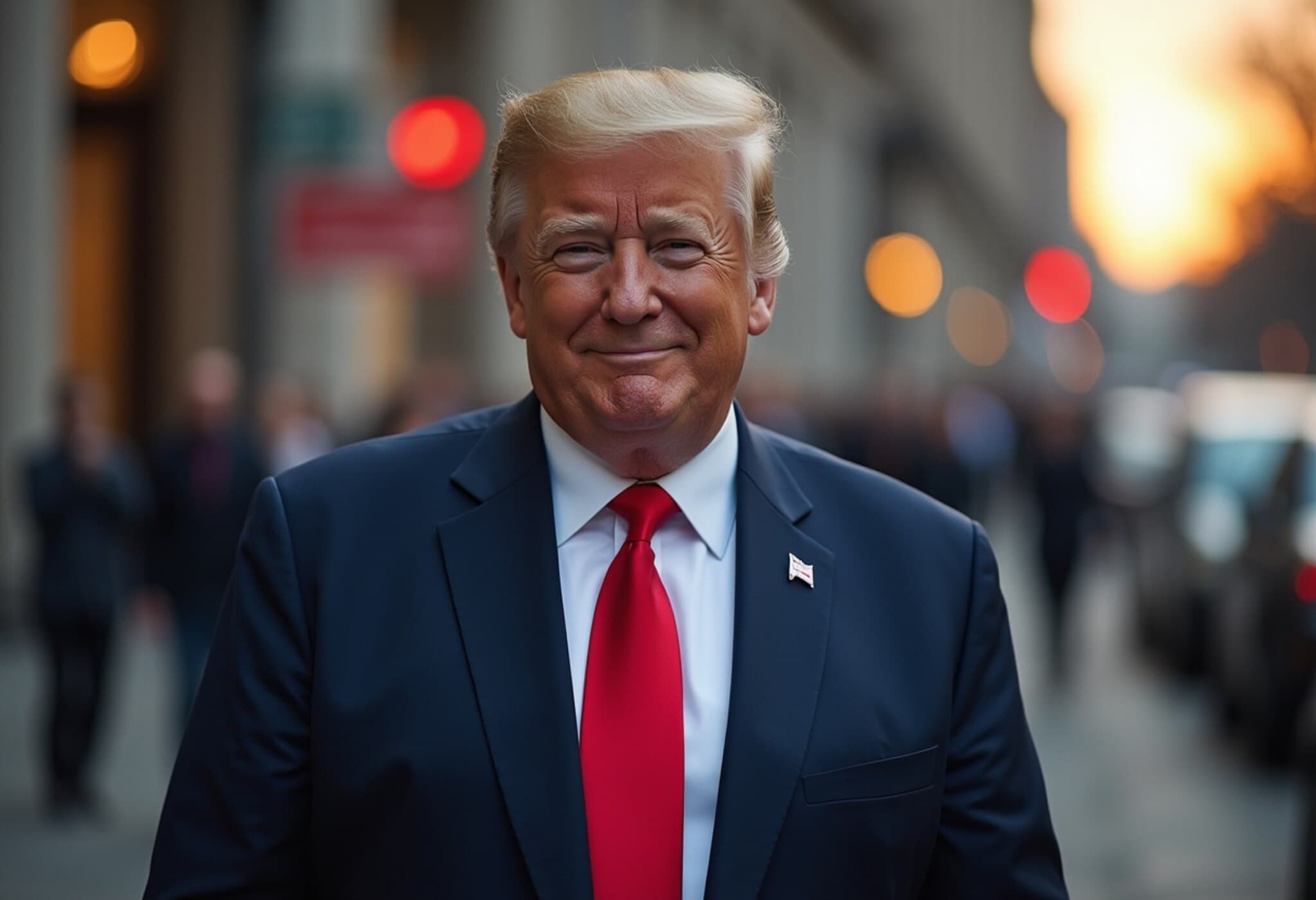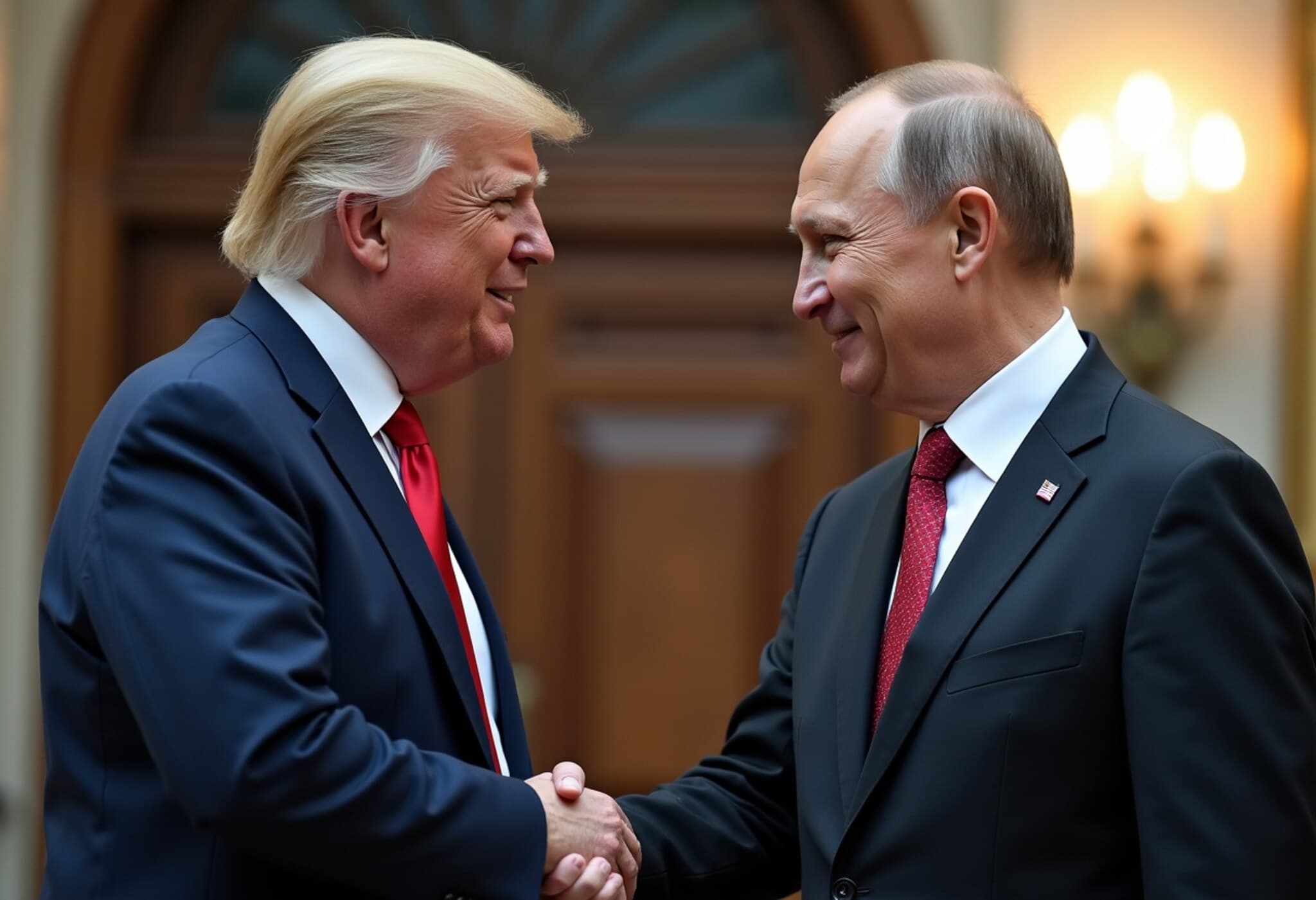Trump Allegedly Threatened Russia and China to Prevent Military Invasions
In a striking revelation, former President Donald Trump reportedly told campaign donors that he had warned Russian President Vladimir Putin he would "bomb the s--t out of Moscow" if Russia invaded Ukraine. This assertion, captured in audio obtained by CNN, also includes Trump recounting a similar threat made to Chinese President Xi Jinping to deter a military move against Taiwan.
Details from a Closed-Door Donor Meeting
The comments were recorded during a May 14, 2024, meeting at New York's Pierre Hotel, where Trump sought support from key donors. According to the audio, Trump claimed:
"With Putin I said, ‘If you go into Ukraine, I’m going to bomb the sh-- out of Moscow.’ I’m telling you I have no choice. And then [Putin] goes, like, ‘I don’t believe you.’ But he believed me 10%."
Trump also shared that Xi Jinping largely dismissed his warnings, reportedly thinking Trump was "crazy," yet Trump insisted they had "never had a problem." The audio was shared with NBC News by authors of the book "Truth to Power: How Trump Retook the White House and the Democrats Lost America"—Josh Dawsey, Tyler Pager, and Isaac Arnsdorf.
Contextualizing the Claims: Russian Invasion and US Policy
It is important to note that Russia's full-scale invasion of Ukraine began in February 2022, when President Joe Biden was in office. Trump’s office has emphasized this timeline, with a White House spokeswoman telling CNBC:
"As President Trump has said time and again, Russia never dared invade Ukraine when he was in office. It happened only when Biden was in office. Thanks to this President’s leadership, America is once again the leader of the free world, and peace through strength is restored."
This highlights ongoing political debate over the effectiveness of US deterrence and foreign policy during Trump’s tenure versus the subsequent Biden administration’s approach. While Trump positioned himself as tough on Russia and China behind closed doors, critics question the impact and credibility of such threats.
Trump’s Evolving Tone on Putin Since Returning to the White House
Since re-assuming office in 2024, Trump has adopted a noticeably more critical stance toward Putin. In a recent Cabinet meeting, he expressed clear dissatisfaction with the Russian leader’s conduct in Ukraine:
"He’s killing a lot of people — his soldiers and their soldiers, mostly, and it’s now up to 7,000 a week," Trump said, underscoring the devastating human toll of the conflict.
This rhetorical shift marks a departure from earlier periods where Trump was often perceived as sympathetic to or soft on Putin, fueling questions about the consistency and strategic clarity of US foreign policy messaging.
Expert Insight: The Stakes of Deterrence and Diplomatic Signaling
Threatening to bomb a major nuclear power’s capital city is an extraordinary assertion, raising serious questions about the use of informal and potentially inflammatory language in private political arenas. Experts warn such statements can be double-edged swords — on one hand projecting strength, but on the other risking escalation or undermining official diplomatic channels.
American foreign policy has long relied on a balance of credible deterrence and nuanced diplomacy, especially concerning Russia and China. The reported remarks highlight the tension between candid, off-the-record bravado and the pragmatic realities of international relations.
What’s Missing: Verification and the Broader Diplomatic Context
- When exactly these threats were made remains unclear.
- There is no public confirmation from Russian or Chinese officials acknowledging such exchanges.
- The broader impact of such rhetoric on global diplomatic dynamics and US alliances deserves closer scrutiny.
Looking Ahead: Reflection on Leadership and Credibility
The revelations invite deeper reflection on how political leaders balance tough rhetoric with diplomatic responsibility. For American voters and international observers alike, understanding the nuances behind these statements can illuminate the complexities of deterrence and the often opaque art of behind-the-scenes global negotiations.
Editor’s Note
This report sheds light on the delicate interplay between political bravado and real-world diplomacy. It prompts crucial questions: How do private threats shape public policies? What risks do such statements carry for peace and security? And ultimately, how does America’s leadership style influence stability in an increasingly precarious global order?


